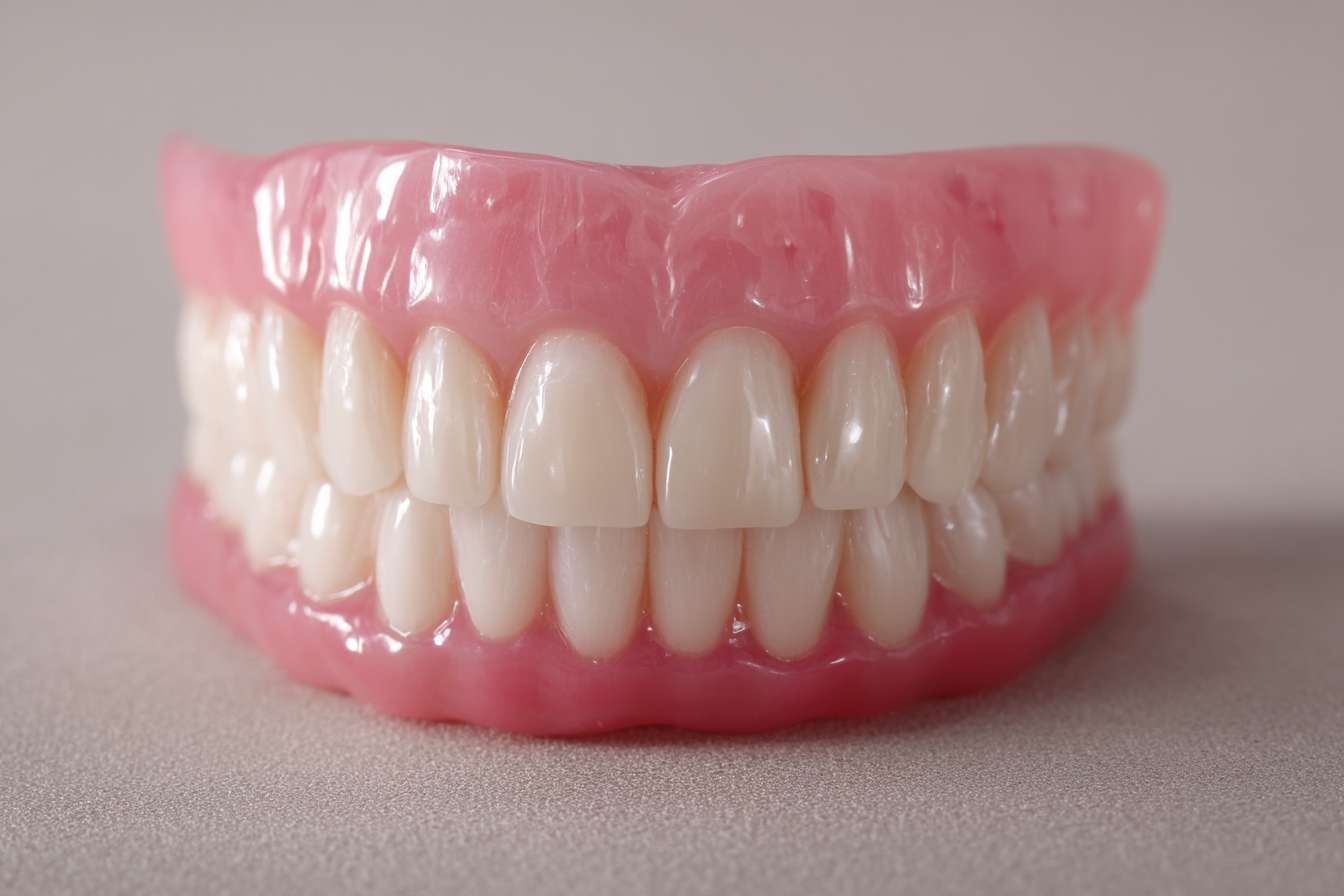Complete Guide to Dentures: Restore Your Smile Confidently
Dentures remain a reliable way to replace missing teeth and bring back both function and aesthetics to your mouth. This comprehensive guide explains types of dentures, the fitting process, upkeep tips, and cost factors — including implant-supported, partial, and immediate options — so you can make informed decisions about denture care and your oral health.

Complete Guide to Dentures: Restore Your Smile Confidently
Losing teeth can impact how you eat, speak, and feel about your appearance. Dentures are a proven solution that helps many people recover oral function and confidence. This guide breaks down the main denture types, what to expect during the fitting process, how to care for your prosthetics, and common cost considerations so you can approach treatment informed and prepared.
Types of Dentures Available Today
Dentures come in several forms to match different needs and budgets. Traditional complete dentures replace all teeth in the upper or lower arch and are designed to rest on the gums. Partial dentures are used when some natural teeth remain; they bridge gaps and often attach to adjacent teeth with clasps or precision attachments. Immediate dentures are fabricated in advance and inserted right after extractions so you won’t be without teeth during healing, though they may require adjustments as gums shrink.
For greater stability and function, implant-supported dentures anchor onto dental implants embedded in the jawbone. These can be removable or fixed and typically provide improved chewing ability, reduced movement, and a more natural feel. Each option carries its own pros and cons involving comfort, maintenance, cost, and the level of surgical intervention required.
The Process of Getting Dentures
Obtaining dentures generally spans several appointments over a few weeks. Your dentist begins with a thorough oral exam, reviewing your dental and medical history and taking impressions to map your mouth. If teeth need removal, extractions will be scheduled and the gums allowed to heal; immediate dentures may be placed at the same appointment to avoid gaps.
Next steps include refining impressions, selecting tooth shape and shade, and trying wax models to check bite and appearance. These try-ins let your dentist fine-tune fit and alignment before the final prosthesis is fabricated. Once the dentures are delivered, follow-up visits are normal to adjust pressure points and improve comfort. The timeline varies by case complexity, the chosen denture type, and any preparatory surgery like bone grafting or implant placement.
Caring for Your Dentures
Good maintenance prolongs the life of dentures and helps protect oral health. Clean dentures daily with products designed for prosthetics or with a soft-bristled brush and mild soap; avoid abrasive toothpaste and harsh household cleaners. Rinse them after meals to remove food debris and soak them overnight in a denture-cleaning solution unless your dentist advises otherwise.
Handle dentures carefully to avoid drops or warping; never use hot water. While dentures replace teeth, regular dental check-ups are still important to monitor gum health, evaluate fit, and screen for oral conditions. If you notice persistent soreness, slippage, or changes in fit, schedule an appointment—relines or adjustments can restore comfort and function.
Cost and Insurance
Denture pricing varies widely based on the type, materials, and geographic location. Implant-supported options typically cost more due to surgery and the implants themselves, while traditional and partial dentures are less expensive upfront. Insurance plans differ in coverage for prosthetic dentistry; some policies cover part of the cost, while others limit benefits for implants.
| Denture Type | Average Cost Range | Insurance Coverage |
|---|---|---|
| Traditional Complete | $1,000–$3,000 | 50–80% typically covered |
| Partial Dentures | $700–$2,500 | Partial coverage common |
| Implant-Supported | $5,000–$15,000 | Limited coverage |
| Immediate Dentures | $1,500–$3,500 | Often partially covered |
Prices, rates, or cost estimates mentioned in this article are based on the latest available information but may change over time. Independent research is advised before making financial decisions.
When budgeting, consider not only the initial fabrication but also follow-up visits, potential relines, and replacement over time. For implant solutions, include surgical fees, imaging, and any bone or soft-tissue procedures required. Check your insurance plan for details and ask your dental provider if they offer payment plans or financing options.
Adjusting to Your New Dentures
Adapting to dentures takes patience. The first few weeks commonly involve increased saliva, mild soreness, and a period of relearning how to chew and speak clearly. Start with soft, cut-up foods and gradually return to firmer textures as your mouth adjusts. Speaking practice—such as reading aloud—can help restore clarity faster.
Follow your dentist’s instructions for wear time and cleaning. If sores, persistent discomfort, or difficulty eating continue beyond the expected adjustment window, return to your provider for assessment. Properly fitted dentures should become comfortable and reliable aids to daily life.
Dentures can restore more than just teeth: they often improve nutrition, speech, and self-esteem. Choosing the right type and caring for your prosthetics will maximize their benefits. Discuss options thoroughly with your dental team so the chosen solution matches your functional needs, aesthetic preferences, and budget.
This article is for informational purposes only and should not be considered medical advice. Please consult a qualified healthcare professional for personalized guidance and treatment.






